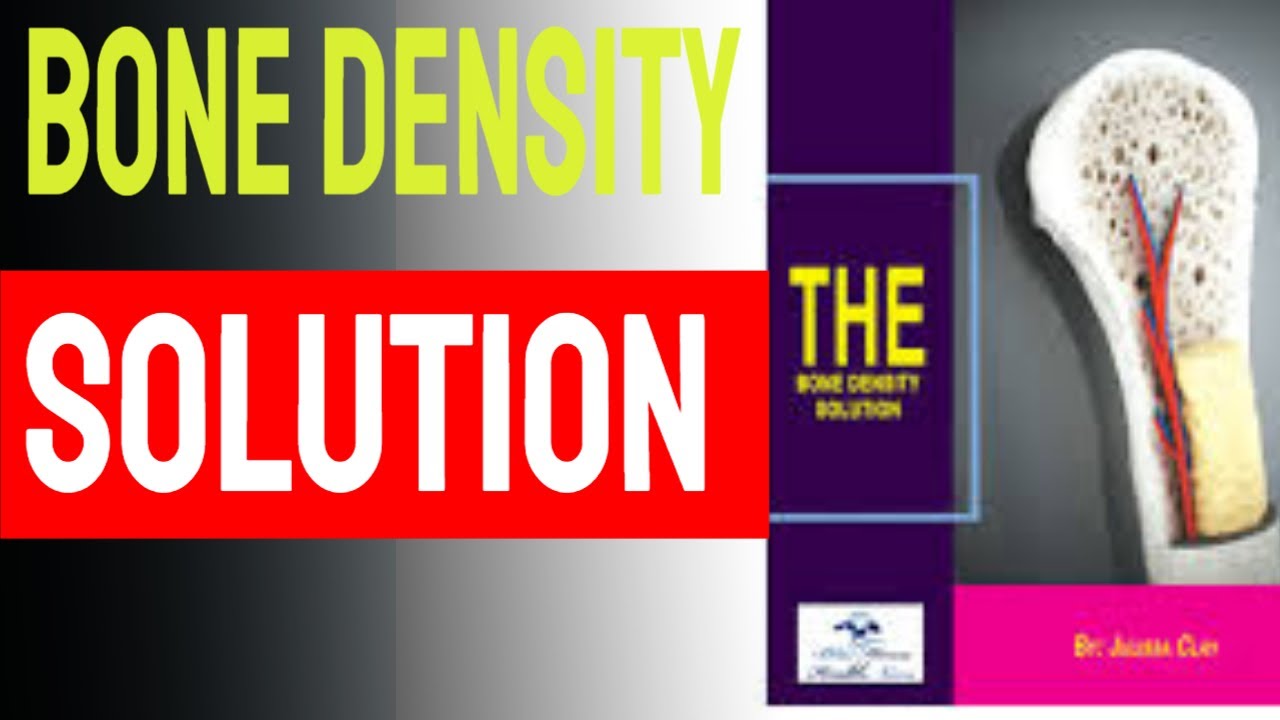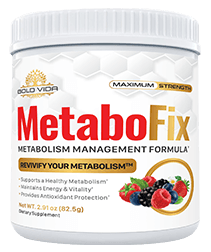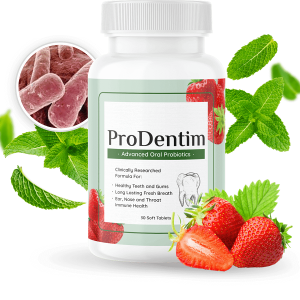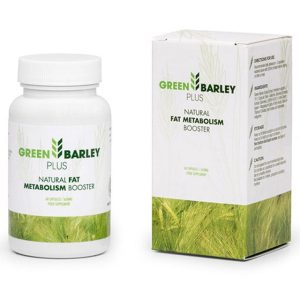Osteoporosis, a condition characterized by weakened and porous bones, poses a significant threat to bone health, particularly as individuals age. Often referred to as the “silent disease,” osteoporosis can progress without symptoms until a fracture occurs. In this comprehensive guide, “Osteoporosis – The Bone Density Solution,” we will delve into the intricacies of osteoporosis, the importance of bone density, and strategies to enhance bone health for a more robust and resilient skeletal system.
Visit Official Website 70% Off
Understanding Osteoporosis:
Osteoporosis is a skeletal disorder that occurs when the density and quality of bone are reduced. As bone mass diminishes, bones become fragile and more prone to fractures. This condition is often associated with aging, hormonal changes, and nutritional deficiencies, but it can affect individuals of any age. Understanding the key factors contributing to osteoporosis is crucial for developing effective strategies to combat bone density loss.
The Importance of Bone Density:
Bone density refers to the amount of mineral content in bone tissue. Adequate bone density is vital for maintaining bone strength and integrity. Peak bone mass is typically reached in early adulthood, after which bone density gradually decreases. For individuals with osteoporosis, the rate of bone loss accelerates, leading to an increased risk of fractures and compromised skeletal health.
Key Factors Contributing to Osteoporosis:
- Age: Aging is a primary risk factor for osteoporosis. As individuals grow older, bone density naturally declines, making bones more susceptible to fractures.
- Hormonal Changes: Hormonal fluctuations, particularly during menopause in women, can contribute to accelerated bone loss. The decrease in estrogen levels during menopause is linked to a significant reduction in bone density.
- Nutritional Deficiencies: Inadequate intake of essential nutrients, such as calcium and vitamin D, can compromise bone health. These nutrients play a crucial role in bone formation and maintenance.
- Sedentary Lifestyle: Lack of physical activity and a sedentary lifestyle can contribute to decreased bone density. Weight-bearing exercises and resistance training are essential for promoting bone health.
- Genetic Factors: Family history and genetics play a role in determining an individual’s susceptibility to osteoporosis. If there is a family history of the condition, there may be an increased risk.
Strategies for Enhancing Bone Health – The Bone Density Solution:
- Nutrient-Rich Diet: A diet rich in calcium, vitamin D, and other essential nutrients is fundamental for maintaining strong bones. Dairy products, leafy greens, fortified foods, and fatty fish are excellent sources of these bone-boosting nutrients.
- Weight-Bearing Exercises: Engaging in weight-bearing exercises, such as walking, jogging, and resistance training, helps stimulate bone-forming cells and preserve bone density. Incorporating regular exercise into your routine is crucial for skeletal health.
- Supplementation: In cases where dietary intake is insufficient, or for individuals with specific risk factors, supplementation may be recommended. Calcium and vitamin D supplements can provide additional support for bone health.
- Hormone Replacement Therapy (HRT): For postmenopausal women experiencing a significant decline in bone density due to hormonal changes, hormone replacement therapy (HRT) may be considered. This should be discussed with healthcare professionals, weighing the benefits and risks.
- Lifestyle Modifications: Quitting smoking and limiting alcohol consumption are crucial lifestyle modifications for maintaining bone health. Smoking interferes with calcium absorption, while excessive alcohol can contribute to bone loss.
- Regular Bone Density Testing: Regular bone density testing, often measured through Dual-Energy X-ray Absorptiometry (DXA) scans, is essential for monitoring bone health. Early detection allows for timely intervention and preventive measures.

Visit Official Website 70% Off
Osteoporosis – The Bone Density Solution: Exploring Potential Interventions:
- Prescription Medications: In certain cases, healthcare professionals may prescribe medications to prevent bone loss and reduce the risk of fractures. These medications work by either slowing down bone resorption or promoting bone formation.
- Osteoporosis Support Formulas: Osteoporosis support formulas, often available in supplement form, may include a combination of nutrients specifically designed to support bone health. These formulas may provide a convenient and comprehensive approach to addressing nutritional deficiencies.
- Natural Remedies: Some individuals explore natural remedies, such as herbal supplements and alternative therapies, as complementary approaches to conventional osteoporosis management. These remedies should be approached with caution and under the guidance of healthcare professionals.
- Patient Success Stories: Reading about the experiences of individuals who have successfully addressed osteoporosis can provide valuable insights and motivation. Patient success stories may highlight various strategies, lifestyle changes, and interventions that have contributed to improved bone health.
Navigating Osteoporosis – The Bone Density Solution:
- Educate Yourself: Understanding the fundamentals of osteoporosis, bone density, and the factors influencing skeletal health is the first step. Stay informed about the latest research and recommendations for maintaining strong bones.
- Consult with Healthcare Professionals: Individualized care is crucial when addressing osteoporosis. Consult with healthcare professionals to assess your specific risk factors, nutritional needs, and potential interventions tailored to your unique health profile.
- Holistic Approach: Embrace a holistic approach to bone health by combining dietary modifications, exercise, lifestyle changes, and, when necessary, medical interventions. A comprehensive strategy is more likely to yield positive and sustainable results.
Conclusion:
Osteoporosis – The Bone Density Solution requires a multifaceted and proactive approach to combat bone density loss. By understanding the key factors contributing to osteoporosis, adopting lifestyle modifications, and exploring potential interventions, individuals can take charge of their skeletal health.
Visit Official Website 70% Off
Embrace the journey toward stronger bones with informed decision-making, regular monitoring, and a commitment to a bone-boosting lifestyle. With the right strategies and support, you can navigate osteoporosis with resilience and fortify your skeletal foundation for a healthier, more vibrant future.







